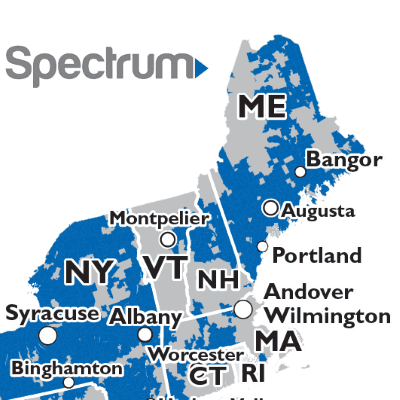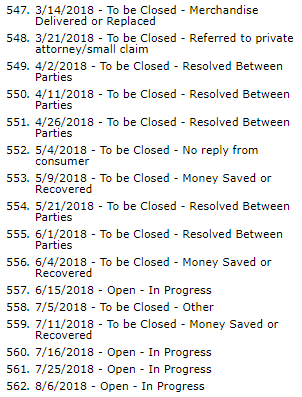 Maine’s broadband internet authority is proposing major changes to win public financing of broadband projects in the state, demanding better speeds and performance and giving more Maine communities the potential to construct their own public internet projects.
Maine’s broadband internet authority is proposing major changes to win public financing of broadband projects in the state, demanding better speeds and performance and giving more Maine communities the potential to construct their own public internet projects.
The ConnectMaine Authority (ConnectME), which traditionally modestly funds a variety of smaller scale internet projects in the state, wants to think big now that it has a budget over fifteen times its original size. With at least $15 million to spend this year and potentially tens of millions in federal broadband funding to manage, courtesy of Congress and the Biden Administration, the authority wants to make certain future projects can deliver the scale and service consumers need in the 21st century digital economy.
In April, ConnectME’s board voted to propose changing the criteria for broadband funding awards, now insisting that projects be capable of delivering at least 100/100 Mbps service, which is four times faster than the FCC’s current minimum definition of downstream broadband. The board hopes the faster speeds will be future-proof and more realistic of what consumers need to telecommute and access online classes, streaming video, and other high bandwidth services. The result of the proposed standards would likely require all future projects to be fiber to the home, although historically the vast majority of broadband projects funded by ConnectME in the past have been fiber to the home.
The authority has also proposed expanding the definition of what represents an “unserved/underserved” area qualified to receive public funding to include any address that lacks access to at least 50/10 Mbps service, up from the current standard of 25/3 Mbps. Such a change would likely open up funding in areas where only DSL service or wireless internet is currently available. Most cable operators can meet the new standard, so their territories would likely remain closed to public funding. Opposition from the state’s telephone companies was almost instant, however, represented in comments from Ben Sanborn, executive director of the Telecommunications Association of Maine, a state telecom lobbying group.
Sanborn considers the proposed changes negative because public dollars could end up funding competitors in areas already served by lower speed providers.
“Arguably, there are going to be a whole bunch of areas in the state that will be eligible for funding either from ConnectME or with federal dollars,” Sanborn told the Press Herald. “Our concern with that is that it is going to create a situation of overbuilding existing networks,” which could leave currently unserved areas out of getting any funding for service.
At present, about 11% of Maine homes still have no internet access, mostly in rural areas. Traditionally, telephone companies or co-op telecom providers are the most likely to provide rural internet service, but the costs to reach those not currently served can be prohibitive. Cable operators have been the least likely to extend service in rural areas, and cash-strapped telephone companies have been reluctant to replace rural copper wire networks that can extend for miles with fiber optics, just to reach a few dozen homes. As broadband penetration increases, the cost to reach remaining unserved homes typically rises as they are often the most costly to reach. Subsidy funding can make a considerable difference when determining the cost/benefit analysis of expanding service to these homes.
The authority is also hoping to inspire existing providers to adopt 100/100 Mbps as the new broadband speed minimum across the state, which it claims will meet the needs of customers. For cable providers, that likely will not happen until upgrades to DOCSIS 4.0 are implemented, unlikely in the short term. Cable broadband networks are designed to deliver much faster downstream speeds at the expense of uploads.
The newly available funds are likely to achieve a significant increase in the number of rural homes served, but probably will not be enough to achieve 100% penetration.
ConnectME plans a public hearing to discuss the proposed changes on May 13, with a final vote scheduled for later this month.


 Subscribe
Subscribe

 Frustrated New Englanders that can’t get anywhere dealing with Comcast or Consolidated Communications’ customer service are getting fast fixes in New Hampshire by taking their complaints to the Consumer Protection and Antitrust Division of the attorney general’s office.
Frustrated New Englanders that can’t get anywhere dealing with Comcast or Consolidated Communications’ customer service are getting fast fixes in New Hampshire by taking their complaints to the Consumer Protection and Antitrust Division of the attorney general’s office.





